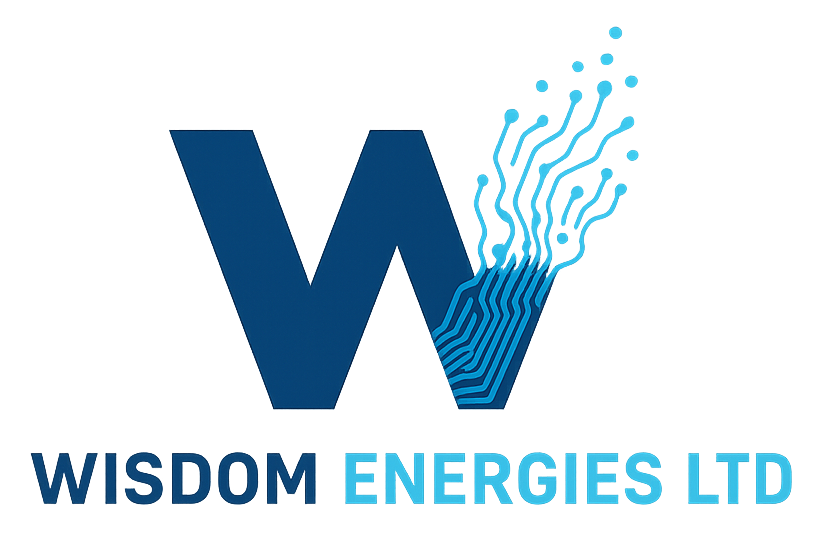In the global energy sector, when an incident occurs, the investigation that follows often concludes with three simple words: Human Error.
It’s a convenient, simple, and tidy conclusion. It identifies a “bad apple,” assigns blame, and allows an organisation to close the case with a familiar recommendation: “Retrain the individual.”
But this conclusion is a dangerous illusion.
‘Human Error’ is not a cause. It is a symptom of deeper, hidden failures within your organisation’s systems. By stopping at ‘Human Error,’ we not only fail to learn, but we also create a culture of fear where vital information is hidden, and the same systemic risks remain, waiting to trigger the next incident.
If we want to build genuinely resilient and safe organisations, we must stop blaming people for failing in a flawed system. We must start asking a more powerful question: “Why did their actions make sense to them at that moment?”
The Real Culprits: The Systems That Set Us Up to Fail
No one comes to work intending to make a mistake, especially in a high-consequence environment. When they do, it is almost always because the system around them—the one we designed—let them down.
Look for these real culprits:
1. Flawed Processes and Procedures
We often find that the “correct” procedure was complex, outdated, ambiguous, or simply unworkable in the real world. It may have been written by someone who had never performed the task, failing to account for real-world conditions. When a procedure is impossible to follow, a ‘workaround’ is created. That workaround is not a “human error”; it’s a rational response to a flawed process.
2. Unrealistic Operational Pressures
The energy sector is driven by immense time and commercial pressures. Teams are often asked to complete complex tasks while understaffed, fatigued, or with an unrealistic deadline. This pressure fundamentally changes how the human brain processes information, making errors more likely. Is it “human error” if a team, on hour 14 of an emergency shift, misses a step? Or is it a systemic failure of resource management?
3. Poor Design and Human Factors
The environment and tools we provide can either support or hinder performance. A control panel with confusing alarms (“alarm fatigue”), a tool that is difficult to use, or even poor lighting can create a ‘trap’ for the operator. This is the core of Human Factors—the science of designing systems that align with human capabilities and limitations. Expecting a human to perform like a perfect robot is a design failure, not a human one.
4. Gaps in Training vs. Competence
This is the most critical and misunderstood failure. A “trained” employee is not the same as a “competent” one.
• Training is an event. It’s a certificate. It’s box-ticking.
• Competence is a state. It is the verified ability to perform a task safely and effectively, especially under pressure or when conditions are not standard.
Many organisations have training systems that “pass” everyone but fail to verify true competence. When an employee is put in a situation their training never prepared them for, the resulting “error” is not theirs. It is a failure of the competence framework.
The Solution: From Blame Culture to Resilient Systems
Moving beyond ‘human error’ requires a profound cultural shift—from a Blame Culture to a Just and Learning Culture.
A Just Culture recognises that competent professionals will still make mistakes and encourages reporting by drawing a clear line between acceptable and unacceptable behaviour. More importantly, it focuses on Organisational Learning.
Instead of asking, “Who did it?” we must ask:
• “What systemic weaknesses allowed this to happen?”
• “How clear were our procedures and risk assessments?”
• “How effective is our training and competence verification?”
• “What pressures was the team facing?”
True resilience is not about preventing every human error. It’s about designing systems that anticipate and tolerate human variability—systems that fail-safe and make it easy for people to do the right thing.
About the Author & Wisdom Energies Ltd
Wisdom Energies Ltd is a global consultancy dedicated to building resilient competence and education frameworks for the international energy sector. We help leaders move beyond blame, identify systemic risks, and implement robust Human Factors principles to enhance safety, quality, and operational performance.
If you are ready to move beyond ‘human error’ and build a truly resilient organisation, we invite you to Contact Us.

Leave a Reply